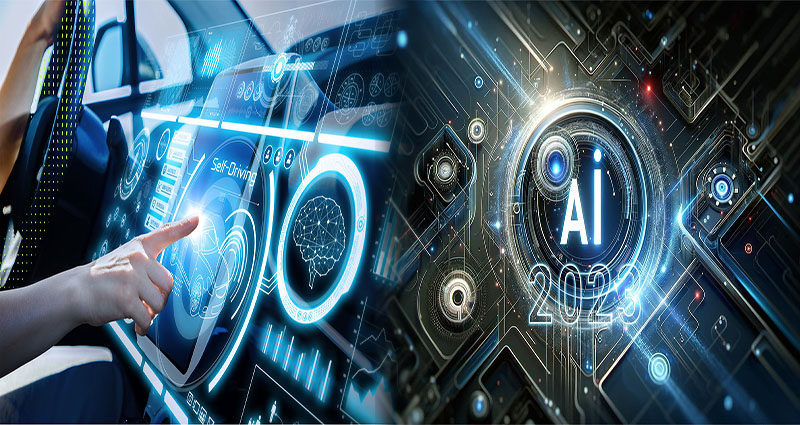Artificial Intelligence (AI) is a concept that has become increasingly relevant in modern technology. Understanding the fundamental principles of AI is crucial for comprehending its impact and potential applications.
What is AI?
At its core, AI refers to the ability of a machine or computer program to perform tasks that typically require human intelligence. These tasks include learning, problem-solving, speech recognition, and decision-making. AI systems are designed to analyze data, recognize patterns, and make decisions with minimal human intervention.
Types of AI
AI can be classified into three broad categories:
- Narrow AI: Also known as Weak AI, this type of AI is designed for a narrow range of tasks. Examples include virtual assistants like Siri or Alexa, and recommendation algorithms used by streaming platforms.
- Artificial General Intelligence (AGI): AGI refers to AI systems with the ability to understand, learn, and apply knowledge across a wide range of tasks. These systems can perform tasks that require human-like intelligence.
- Artificial Superintelligence: This is a hypothetical future AI system that surpasses human intelligence and capabilities across all domains.
Applications of AI in Modern Technology
AI has found applications in a wide range of modern technologies, revolutionizing various industries:
- Healthcare: AI is used for disease diagnosis, personalized treatment plans, and drug discovery, improving patient outcomes and healthcare delivery.
- Finance: AI is utilized for fraud detection, risk assessment, algorithmic trading, and personalized financial recommendations.
- Transportation: AI contributes to the development of autonomous vehicles, traffic prediction systems, and route optimization, leading to safer and more efficient transportation systems.
- Manufacturing: AI-enabled robots and machines are used for automated quality control, predictive maintenance, and process optimization, enhancing efficiency and reducing costs.
- Customer Service: Chatbots and virtual assistants powered by AI technology provide efficient and personalized customer support experiences.
Challenges and Considerations
While the potential of AI is vast, there are important ethical, societal, and technical considerations that need to be addressed. These considerations include biases in AI algorithms, privacy concerns, the impact on employment, and the need for regulations and standards to govern AI development and deployment.
Understanding the concept of AI in modern technology is essential for grasping its transformative potential. AI has the capacity to reshape industries, enhance efficiency, and improve human lives. However, it is crucial to approach its development and implementation with foresight and responsibility to ensure a positive and sustainable impact on society.









